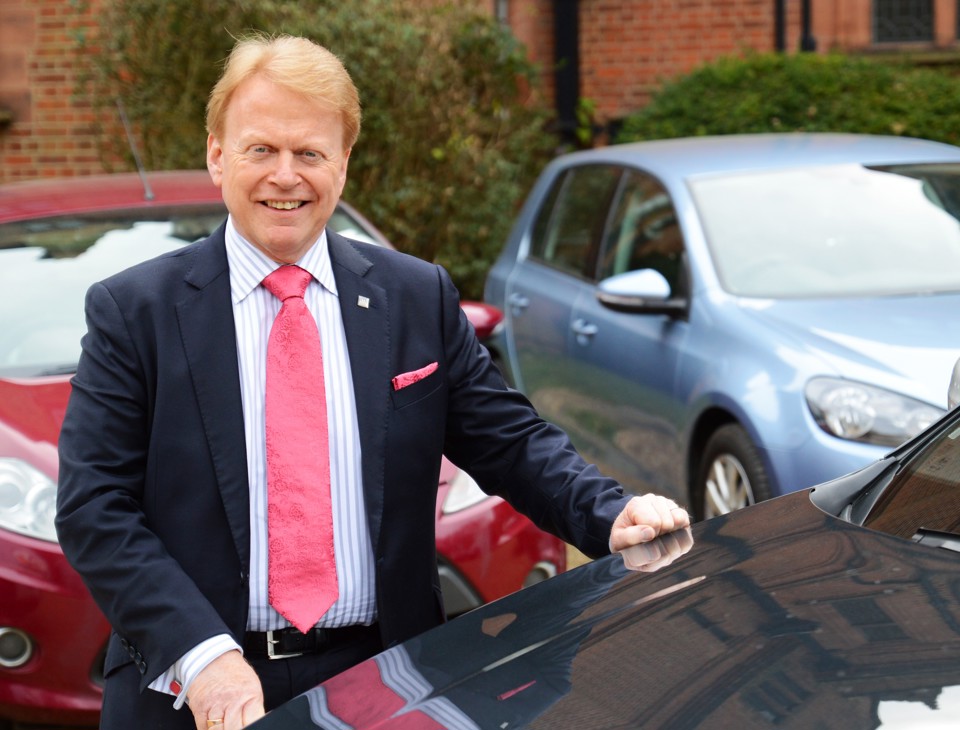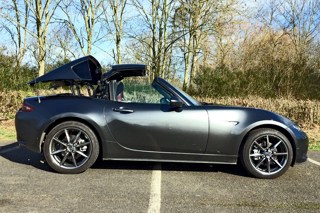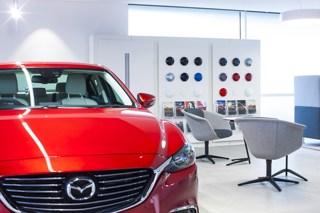Banning the sale of new petrol and diesel cars by 2030 puts motorists and automotive industry workers at risk, warns the IMI.
It follows renewed pressure on the Government to accelerate its plans to stop the sale of fossil fueled vehicles to boost the adoption of electric vehicles (EV) and vans by action group The Climate Group, reported by AM-Online yesterday.
Steve Nash, IMI CEO, said: “There is much speculation that the government is planning to move forward the ban on the sale of new petrol and diesel cars to 2030, with hybrids given a reprieve to 2035. I admire the confidence of those feeding this speculation – apparently there are assurances that the infrastructure will be ready by this date. But there is so much more to consider than simply the charging infrastructure.
“I worry that a much bigger piece of the jigsaw has been forgotten. What about the technicians to service and repair this new automotive technology which, in turn, will give motorists the essential confidence they need?”
The automotive sector has seen – much like many other industries – massive falls in sales over the last six months as a result of Covid-19. This had led to a low appetite for recruitment and training
Nash added: “Training of the existing workforce on these new drivetrains, as well as recruitment of the next generation of workers is vital.”
The latest Department for Education data shows that Apprenticeship starts in the Automotive sector in July 2020 fell by 59% compared to the same period in 2019. And the latest ONS data shows that approximately 2% of jobs in the sector have been made permanently redundant with potentially an additional 7,200 planned before the end of September.
“Against this backdrop, and with so much of the country waiting to hear if new restrictions may impact business income further, does it really make sense to heap the pressure on an already beleaguered sector,” questioned Nash.
The Government has consulted on bringing forward the end to the sale of new petrol and diesel cars and vans from 2040 to 2035, or earlier if a faster transition appears feasible, as well as including hybrids for the first time. A decision is due soon.
Cambria Automobiles chief executive Mark Lavery previously urged his car retail colleagues to lobby Government over an all-out push to Electric Vehicles (EV).
He said an all-out ban on internal combustion engine (ICE) and hybrid vehicles by 2032 would risk both the environment and "thousands" of industry jobs.
“As we advance towards a zero-emission future, the technology that technicians will be coming into contact with is changing – resulting in high voltage electrics becoming commonplace. Motorists driving electrified vehicles want to know that they are handing over their vehicle to someone who has the right skills. Those who aren’t properly trained or equipped to work on electrified vehicles would be risking serious injury or potentially fatal shock,” said Nash.

















Login to comment
Comments
No comments have been made yet.